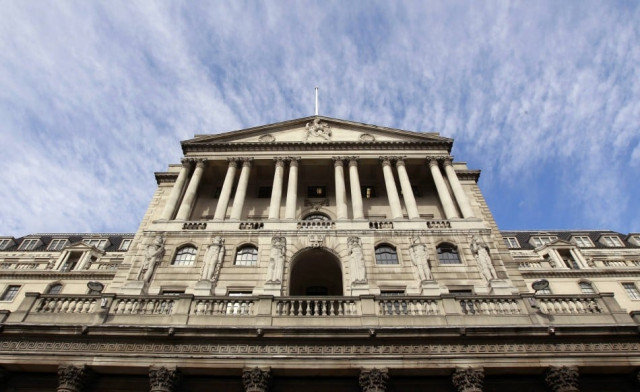Bank of England opens up payments systems to spur fintech
Widens access to Britain's interbank payments system

The Bank of England has widened access to Britain's interbank payments system to increase competition from new fintech firms in the financial system, where the "Big Four" high street banks have long dominated.
The BoE flagged the plans in May and on Wednesday published a detailed framework to make this happen as more and more people use their phone to pay a bill or shuffle money between countries.
It allows new payments firms like those offering prepaid cash cards and prepaid online and mobile accounts, to have access to its "real time gross settlement" or RTGS payments system. Remittance firms, which allow people to send money overseas, and foreign exchange services are also included.
This Pakistani start-up will give loans to unbanked consumers
"This should support financial stability through greater diversity and risk-reducing payment technologies," BoE Governor Mark Carney said in a statement.
The changes, which in practice will come into effect in 2018 once legislative changes have been completed, will enable such non-bank payments services providers (PSPs) to compete better with banks, the BoE said.
Currently, PSPs negotiate the use payments systems such as CHAPS, owned by big banks like HSBC, Barclays, Lloyds and RBS.
UK startup Curve launches 'financial time travel'
Reduced dependence on bank competitors for access to payment systems will allow the non-bank providers to offer a wider range of payments services, the BoE said.
Updated European Union payments rules will also make it easier for PSPs from January next year to compete with banks, such as by accessing data of account holders.
Fintechs seek slice of Brazil's small business loan market
Over 50 banks and building societies in have settlement accounts with the BoE's RTGS system.
There are around 450 non-bank payments services providers (PSPs) authorized by the Financial Conduct Authority, many drawn from the growing "fintech" or financial technology sector.
Britain is seeking to maintain its competitive edge in nurturing fintech firms, seen as a new source of jobs and growth. It has also set up a new payments systems regulator to prise open the sector to new entrants.
A PSP will have to show it can comply with the BoE's new framework for managing risks before it can join the payments system. It will have to demonstrate the customer money will be safe, and that all anti-money laundering checks are in place.



















COMMENTS
Comments are moderated and generally will be posted if they are on-topic and not abusive.
For more information, please see our Comments FAQ